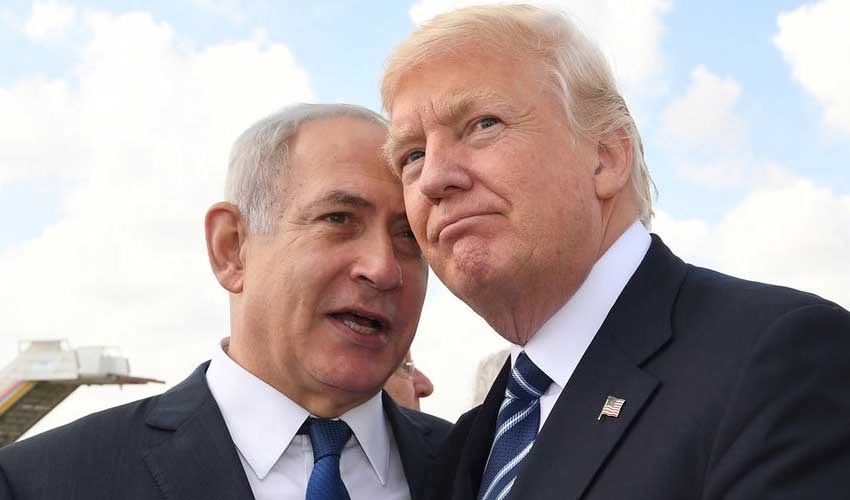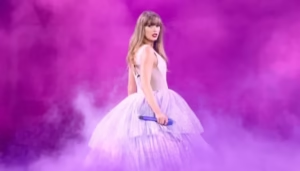Israeli PM’s nomination stirs controversy amid Gaza offensive

Israeli Prime Minister Benjamin Netanyahu presented a letter to Donald Trump nominating the US president for the Nobel Peace Prize, citing his role in advancing regional peace accords.
The nomination was made during a meeting at the White House, where the two leaders discussed ongoing developments in the Middle East.
Speaking to reporters at the beginning of their meeting, Netanyahu praised Trump’s past efforts in brokering diplomatic agreements in the region, particularly the Abraham Accords, under which several Arab countries normalised ties with Israel. “He’s forging peace as we speak, in one country, in one region after the other,” Netanyahu remarked during a private dinner with Trump.
The Israeli leader’s nomination, however, has stirred controversy given the backdrop of Israel’s continuing military campaign in Gaza, where more than 57,000 Palestinians have been killed since the outbreak of hostilities. Human rights organisations and international observers have criticised Israel’s actions in the besieged territory, accusing it of collective punishment and war crimes.
In May 2024, the International Criminal Court (ICC) issued arrest warrants for Netanyahu and former Israeli defence minister Yoav Gallant on charges of war crimes and crimes against humanity. The ICC alleged that both leaders “intentionally and knowingly deprived the civilian population in Gaza of objects indispensable to their survival”, including food, water, medical supplies, and electricity.
Trump, who has previously received multiple nominations for the Nobel Peace Prize from his supporters and Republican lawmakers, has long expressed frustration at not being awarded the honour. He has argued that his mediation efforts in conflicts such as those between India and Pakistan, as well as Serbia and Kosovo, should have earned him the prize.
In June this year, Pakistan had reportedly considered recommending Trump for the Nobel Peace Prize for his role in de-escalating tensions between India and Pakistan in 2019. However, the move drew criticism from across the political spectrum following the US decision to back Israeli strikes on Iranian nuclear sites, sparking concerns of wider regional escalation. A resolution moved in the Senate by the Jamiat Ulema-i-Islam-Fazl sought to withdraw the recommendation, but the government clarified that no formal submission had been made to the Nobel Committee.
Despite ongoing wars in Ukraine and Gaza, Trump has maintained that he remains committed to global peace, recently claiming that he would “end the Ukraine conflict in 24 hours” if re-elected. He has also taken credit for “keeping peace” between Egypt and Ethiopia during the Nile dam dispute.
Netanyahu’s symbolic gesture of support comes as both leaders seek political gains: Trump ahead of the November US presidential elections, and Netanyahu under increasing international scrutiny over Israel’s conduct in Gaza.









